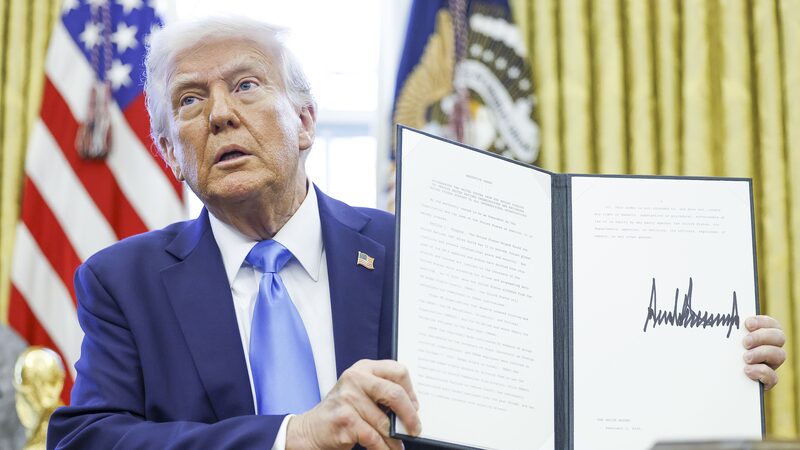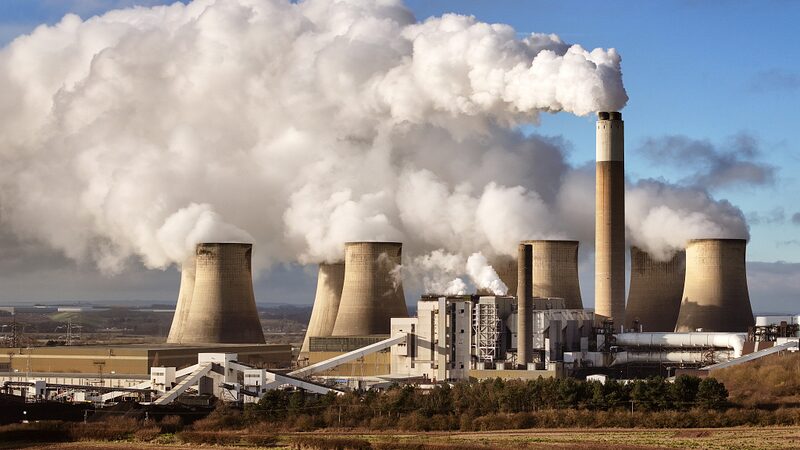The U.S. has officially exited the Paris Agreement for the second time in a decade, sparking global debates about climate action and energy priorities. President Donald Trump’s 2025 executive order to withdraw from the accord reverses Biden-era climate commitments, reviving a controversial policy cycle that began in 2017. 🔄
Here’s the timeline: Trump first withdrew the U.S. in 2017, Biden rejoined in 2021, and now the pendulum has swung back. Critics argue this back-and-forth weakens global climate cooperation, while supporters claim it prioritizes American energy independence. ⚡
Experts warn the move could slow emissions reduction efforts and strain diplomatic ties. 🌱 “This isn’t just about policy—it’s about trust,” said climate analyst Priya Chen. “How can nations collaborate if commitments change every four years?”
The decision also raises questions for businesses and investors betting on green energy. 📉 Renewable stocks dipped 3% post-announcement, while fossil fuel companies rallied. Meanwhile, youth climate activists globally are planning protests, calling the move “a betrayal of future generations.” ✊
What’s next? The EU and China have reaffirmed their Paris pledges, but without U.S. participation, achieving the accord’s 1.5°C goal looks increasingly unlikely. 🌡️
Reference(s):
cgtn.com




